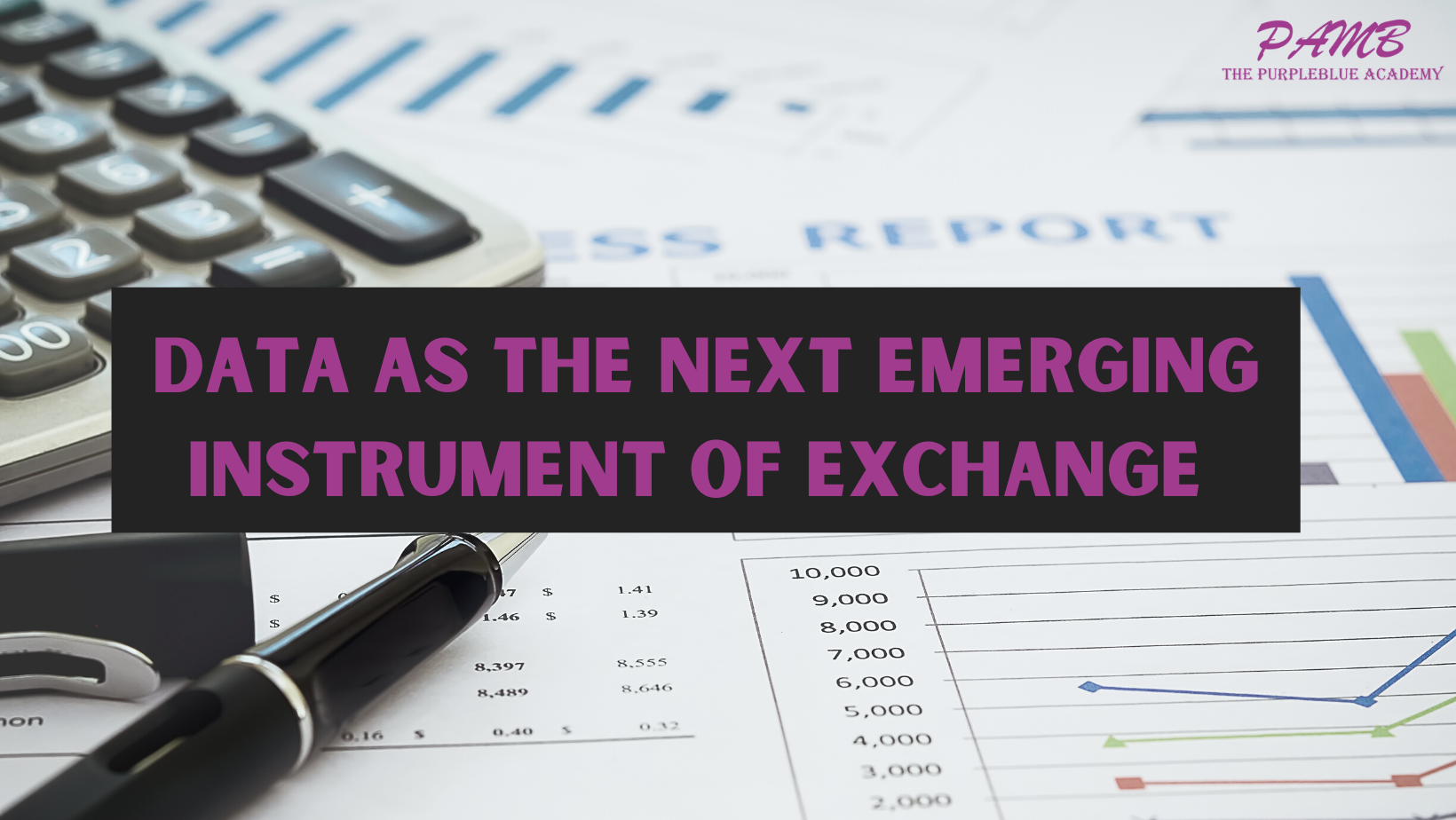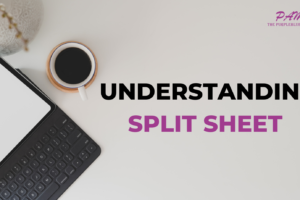
DATA AS THE NEXT EMERGING INSTRUMENT OF EXCHANGE
One of the most challenging issues confronting the global music industry today, is incomplete or conflicting metadata. The consequence of this challenge is that a lot of music copyright royalties end up in the wrong places.
The lack of clean and quality data has continued to pose a serious challenge to a sustainable music industry especially in Africa.
With the drastic shift in the way music is accessed and consumed nowadays, millions of data is being generated in minutes and quintillion of such data is generated every day. The question is, how much of this revolution has reflected positively in the bank accounts of songwriters, artistes and those who have invested heavily in the music business?
That reminds me of an e-meeting I had with a business associate based in South Africa a couple days ago. At the meeting, we were discussing the possibilities of licensing and exploiting some of the incredible legacy catalogues in Nigeria. To help his company access the value of the catalogues, he had requested that I send him a list of the relevant works for him to review and revert. After the review, he came back to me, as promised, expressing disappointment at the none availability of any metadata on the list of close to 1000 works representing some of Nigeria’s finest work of the mind. From the research carried out by his team, these works are not on any known databases across the world.
I was equally disappointed, as I am very well aware that those works were hits in their days and I am not talking about works created in the distant 1950s and 1960s. These were works that were released in the 80s, 90s and 2000s and from investigations, they have no traceable information about them or their ownership – that is a nation’s cultural product; our cultural product wasting away without being captured in any medium of reference that could still be useful to its creators, community, nation and the world at large.
The challenge with the above scenario is that it makes it difficult for intellectual property valuers to place appropriate value on the works using historical facts and being able to estimate future earnings of the works. Without such data, it makes it tougher for any investor to invest in the wider exploitations of such works. From same scenario, it can be seen that huge sums of money are unnecessarily left on the table, uncollected because of lack of data or incomplete data. This is the reality and whether we know it or not, it is hurting our business and livelihood whether as a creator or an investor or a stakeholder within the value chain.
As a songwriter/artiste or publisher/label, metadata could determine your bottom line and/or how much you are able to earn from the several exploitations of your works. A quality and well matched data has economic value that can be traded, bought or sold. Therefore, right owners or right holders must pay critical attention to data especially its ownership and how it is used.
The music industry in Nigeria appears not to be ready to deal with this digital shift, as it lacks the requisite infrastructure to deal with the humongous amount of data generated every day.
The only way by which the music industry in Nigeria will survive this digital onslaught would be through collaborations because the infrastructure and systems required are most times not cheap. The frequent internal squabbles amongst groups and professional colleagues, is one fast way to see the demise of the industry that each of these groups or individuals claim to love.
The Nigerian music industry must work with partners to develop new models that establish authoritative copyright data standards in a world where there are no longer geographical boundaries, instead the new business models have shifted to multi territory licensing and high volume transaction processing.
For the CMOs, they need as a matter of urgency, accurate data reporting and matching, and the supporting infrastructure, to be able to distribute accurately, transparently and efficiently. This is the only way their services can remain relevant to those they claim to represent and the larger music business ecosystem. There must be an intentional shift from the brick and mortal way of doing things. There must be an intentional resolution to restructure and reinvest in the digital environment. As a matter of reality, the CMOs must begin to see themselves as a data collecting and processing companies together with their traditional roles, as they begin to redefine their future role in data and analytics.
To unlock the future of a sustainable music industry in Nigeria and by extension the African continent that would benefit all stakeholders, we must work together across different divides, if there are any, to establish a functional data flow.
There is no doubt in my mind that in the streaming era, data irrespective of what name we call it; metadata or big data, is changing and reshaping the music business landscape and no doubt, the currency of the modern music business.
Thank you and stay safe.
CHINEDU CHUKWUJI, PhD
Chinedu Chukwuji is a Copyright and Music Business Expert, Lead Consultant at PurpleBlue Entertainment Solutions and founder of PurpleBlue Academy of Music Business



